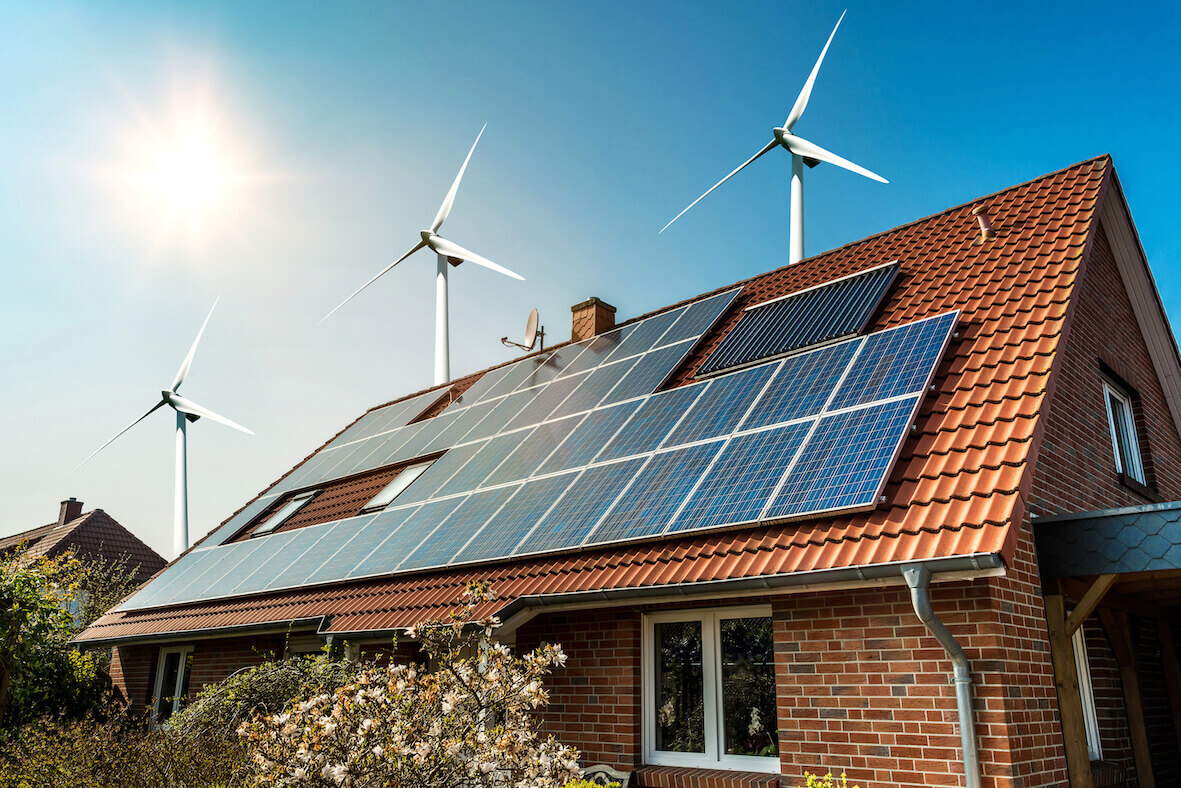What is an EPC survey?
An Energy Performance Certificate (EPC) gives you an indication of how much it costs to heat and light your home and how much CO2 that produces.
The EPC survey also suggests steps you can take to improve the performance of your property and reduce your bills and CO2 emissions.
Homes are rated from A (very efficient) to G (very inefficient). They are also given a numerical score. A higher number is likely to mean lower fuel bills and fewer carbon emissions.
Each property is also given an Environmental Impact rating. This is an estimate of how many tonnes of CO2 are produced each year to heat, light and power the home.
Why should you have one?
It is the law that a property must have an EPC if it is sold or rented out. Newly constructed homes also have to have an EPC.
If you are thinking about how you can make your home more energy-efficient, the EPC is a good place to start.
The first part of the certificate describes the current performance of your home. It does this by looking at the individual parts of the building, such as the walls, floors, heating systems, lighting, and assessing whether these are efficient or not. For example, there may be a pitched roof with 300mm of loft insulation. This might be rated ‘very good’ in terms of energy efficiency.
The EPC does not, however, rate the condition of these elements or whether they are working as they should.
The second part of the EPC suggests individual improvements that can be made to increase the performance of the building.
It will identify a measure that can be taken, provide an indicative cost for the work and estimate how much this might reduce your annual bills. It also indicates what the new EPC rating would be if the work was done.
For example, in a three-bedroom semi-detached house with an uninsulated solid floor, it might cost between £4,000 and £6,000 to install floor insulation. This could result in an annual saving of £45 on heating bills and raise the EPC rating by several points.
The EPC will also provide an estimated reduction in CO2 emissions if all the recommended steps are taken. However, these are based on assumptions about how an average household heats and powers their home. It may not be a true reflection of how an individual household actually behaves in practice.
What if you want to rent out your home?
If you are a landlord, you cannot rent out your property if the EPC band is F or G. This law was introduced in 2018 when the Minimum Energy Efficiency Standards (MEES) came into force.
There are certain exemptions in specific circumstances, for example homes which are difficult to improve, but exemptions last only for five years. The MEES Regulations are enforced by local authorities.
Why is this important?
The average property in the UK is around the D to E mark. The Government wants as many homes as possible – both rented and owner-occupied properties – to be in band C or above by 2035.
This is an important part of the UK’s legally binding target to have net-zero greenhouse gas emissions by 2050.
It wants everybody to take an interest in energy efficiency, from house builders, product manufacturers and surveyors to finance firms such as mortgage providers, as well as homeowners themselves.
And the Government wants us all to start thinking now about how we can improve the energy efficiency of our homes, reduce our heating bills and lower our carbon emissions.
How do you get an EPC survey?
You can find out if there is an EPC for your home at the Government website Find an energy certificate for properties in England, Wales and Northern Ireland, or from the Scottish Energy Performance Certificate Register in Scotland.
If there is no EPC, the EPC is out of date, or there have been improvements since the last EPC was issued, you can commission a new one.
You must get an approved domestic energy assessor to produce the EPC for properties in England, Wales and Northern Ireland. In Scotland, organisations must be approved by the Scottish Government before they can produce valid EPCs.




